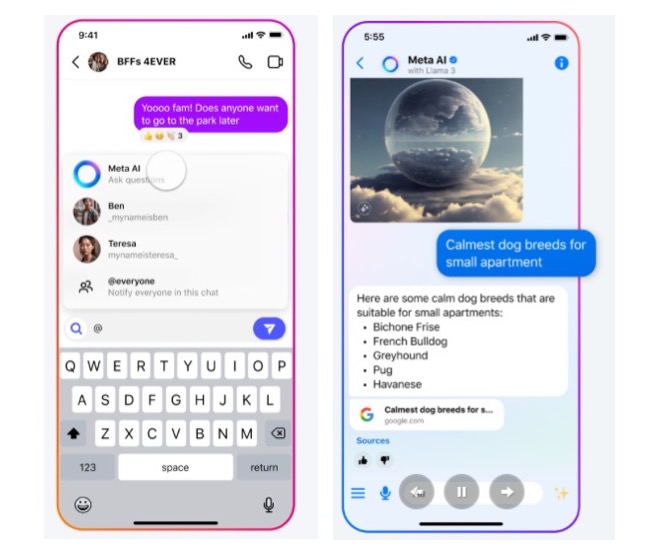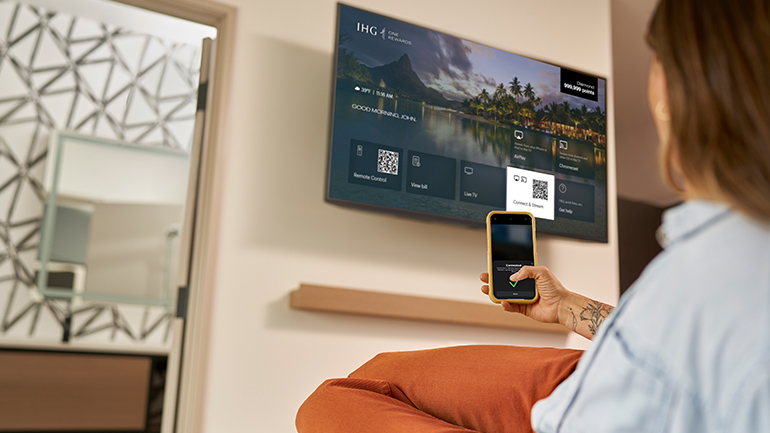
Apple Agrees to Pay Up to $500 Million USD in iPhone Throttling Lawsuit

Reuters reports Apple will settle in a class action lawsuit over the controversial throttling of iPhone speeds, agreeing to pay up to $500 million USD:
Apple Inc has agreed to pay up to $500 million to settle litigation accusing it of quietly slowing down older iPhones as it launched new models, to induce owners to buy replacement phones or batteries.
The preliminary proposed class-action settlement was disclosed on Friday night and requires approval by U.S. District Judge Edward Davila in San Jose, California.
It calls for Apple to pay consumers $25 per iPhone, which may be adjusted up or down depending on how many iPhones are eligible, with a minimum total payout of $310 million.
The settlement was made on Friday and applies to those in the United States who own an iPhone 6/6 Plus, iPhone 6s/6s Plus, iPhone 7/7 Plus or iPhone SE that ran iOS 10.2.1 or later. The class action also includes iPhone 7/7 Plus owners that ran iOS 11.2 or later before December 21, 2017.
Apple agreed to settle the case, despite denying wrongdoing, “to avoid the burdens and costs of litigation,” reports court papers seen by Reuters.
The settlement was seen as “fair, reasonable, and adequate,” according to lawyers for consumers, a number lower than the $46 per iPhone maximum suggested by their damages expert.
Of the minimum $310 million US payout, lawyers plan to take a 30% cut for legal fees and also up to $1.5 million in expenses, or up to $93 million USD.
Back in December 2017, a user on Reddit wrote about how Apple was throttling older iPhones, after noticing their replacement battery on an iPhone 6s performed better on Geekbench. This was later confirmed by the Canadian founder of Geekbench and soon, an uproar ensued about the iPhone slowdown.
Apple shortly admitted it did indeed throttle older iPhones, to stop devices from shutting down, thus protecting components. Apple’s statement at the time said:
“Our goal is to deliver the best experience for customers, which includes overall performance and prolonging the life of their devices. Lithium-ion batteries become less capable of supplying peak current demands when in cold conditions, have a low battery charge or as they age over time, which can result in the device unexpectedly shutting down to protect its electronic components.
Last year we released a feature for iPhone 6, iPhone 6s and iPhone SE to smooth out the instantaneous peaks only when needed to prevent the device from unexpectedly shutting down during these conditions. We’ve now extended that feature to iPhone 7 with iOS 11.2, and plan to add support for other products in the future.”
Apple later introduced a discounted iPhone battery replacement program at $35 in Canada and beyond, as a temporary measure to make up for the throttling saga. Other lawsuits also launched against Apple in Canada from various law firms.

